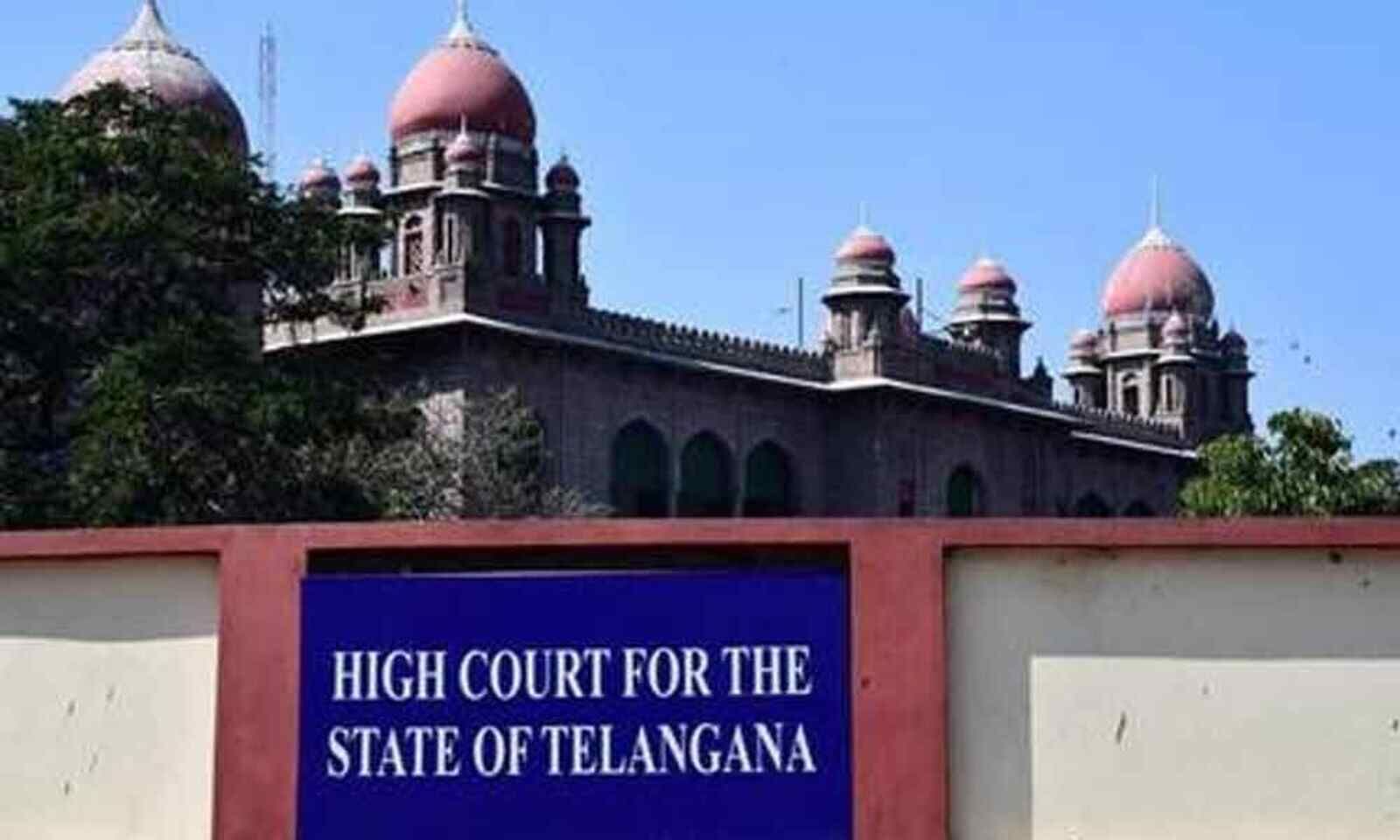By re-inducting a tainted former cricketer to assist in the affairs of the Hyderabad Cricket Association (HCA), the Telangana High Court has stirred not just eyebrows but fundamental concerns about institutional memory, judicial consistency, and the larger principles of natural justice. The renaming of Vanka Pratap—whose record is already marred by disqualification in a conflict-of-interest case—to assist the Single Member Committee headed by Justice Naveen Rao, raises a serious legal and moral dilemma: Can courts overlook established disqualifications when reassigning quasi-judicial responsibilities? To contextualize, Vanka Pratap, a former Hyderabad Ranji player, had earlier served on a four-member supervisory committee constituted by the Supreme Court itself, headed by former Andhra Pradesh High Court Chief Justice N.A. Kakru. This committee was eventually dissolved by the apex court, with Justice Kakru directly blaming Vanka Pratap’s conduct for mismanagement, even accusing him of derailing the clean-up process. Subsequently, the Supreme Court appointed another administrator—Justice L. Nageswara Rao—to oversee a forensic audit of the HCA’s electoral rolls and functioning. This resulted in a landmark purge: 57 clubs were de-recognized, and several influential figures, including Vanka Pratap, Arshad Ayub, the Agarwal family, PR Man Singh and K. John Manoj, were barred from either voting or contesting in HCA elections due to blatant conflicts of interest. The ruling was clear, categorical, and corrective in spirit. The idea was to restore integrity to a system that had been captured by vested interests. Against this background, the Telangana High Court’s decision—delivered on June 24—to re-engage Vanka Pratap as an assistant to the single-member committee overseeing the HCA’s 2025–26 league season and the selection process, is not just perplexing but appears to run counter to the established judicial record. If the Supreme Court found sufficient ground to disqualify Vanka Pratap from participating in HCA’s internal functioning, how then does a lower court justify assigning him an operational role—one that influences not just elections but selections? This isn’t merely a procedural aberration—it strikes at the heart of judicial consistency and institutional discipline. The principle of res judicata may not strictly apply here in form, but the underlying logic—that one court cannot casually undo what another superior court has already adjudicated upon—ought to carry weight.

Is the High Court, perhaps inadvertently, creating a precedent where tainted individuals can simply return through judicial backdoors? Moreover, the timing of the order adds to the unease. The High Court has empowered this committee (with assistance from Vanka) to conduct the league season and oversee selections just days ahead of the HCA’s Annual General Meeting (AGM) scheduled on June 29. Traditionally, the AGM is the forum with legitimate authority to approve league structures, selection panels, and administrative policies. By issuing a directive that effectively pre-empts the AGM, the Court appears to be undermining a democratically constituted body that—flawed though it may be—represents the broader will of stakeholders. This again leads us to ask: Should courts, in their eagerness to “fix” dysfunctional bodies like HCA, bypass or override legitimate internal mechanisms without sufficient justification? Isn’t it wiser to reinforce institutional processes rather than substitute them with ad-hoc judicial directions? None of this is to question the intentions of the learned judges of the Telangana High Court. The rot within HCA is undeniable. It has required repeated judicial interventions to cleanse. But the cure must not become another form of contamination. Vanka Pratap’s conflict of interest is not speculative; it is documented. His removal was not arbitrary; it was based on audit findings and judicial inquiry. His club was among the 57 banned under Justice L. Nageswara Rao’s supervision. The supervisory committee in which he served was dissolved precisely due to the dysfunction he allegedly caused. Therefore, the High Court’s decision to reinstate him—without a clear rebuttal of these serious prior findings—warrants scrutiny, not deference. The integrity of judicial oversight mechanisms depends not just on authority but also on consistency, impartiality, and memory. Selective amnesia cannot become a principle of public justice. In an era where public trust in sports governance hangs by a thread, courts must remain the last and unassailable hope of integrity, not another channel through which disqualified actors return to power under the guise of judicial endorsement. If cleaning the system is the goal, we cannot keep handing the broom to those who soiled it in the first place.




